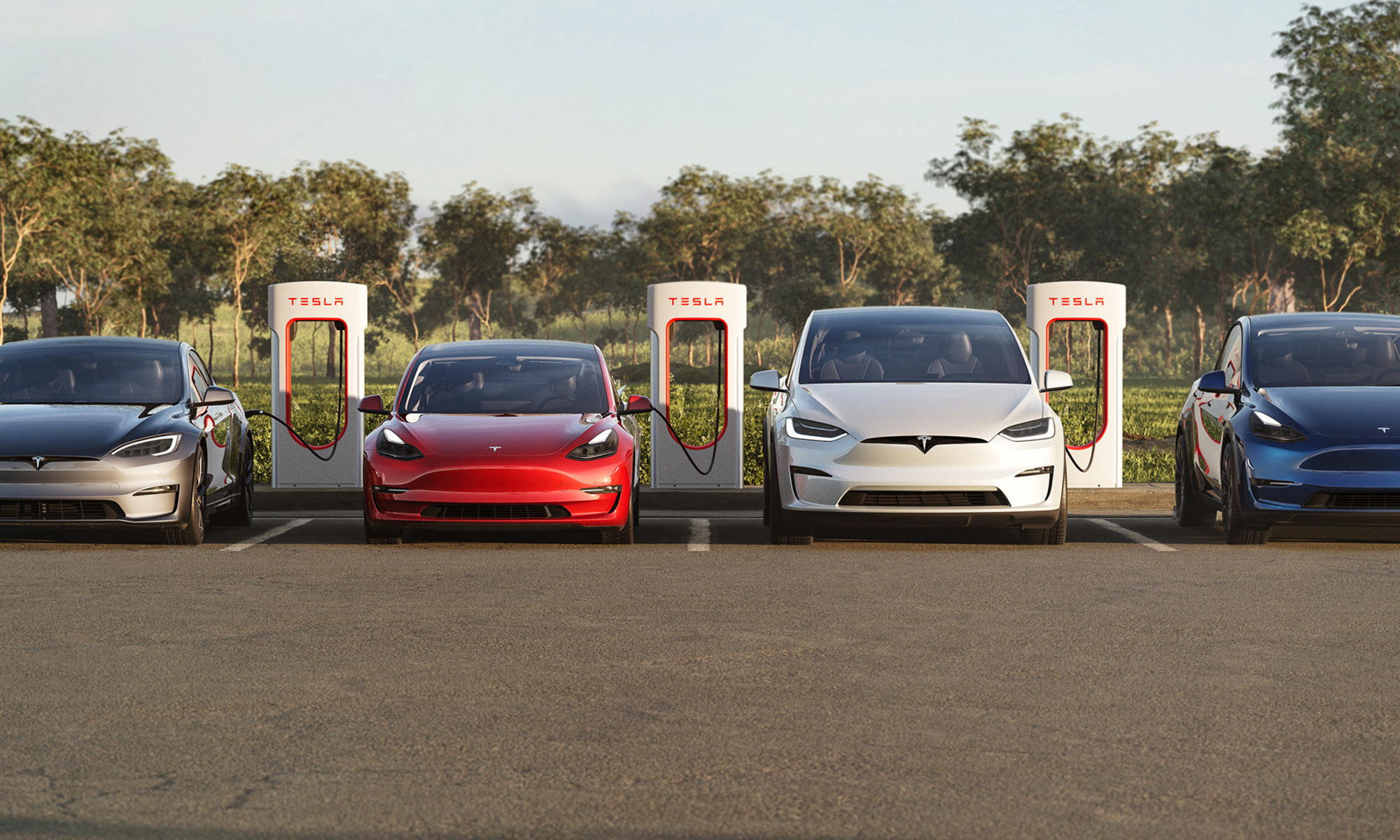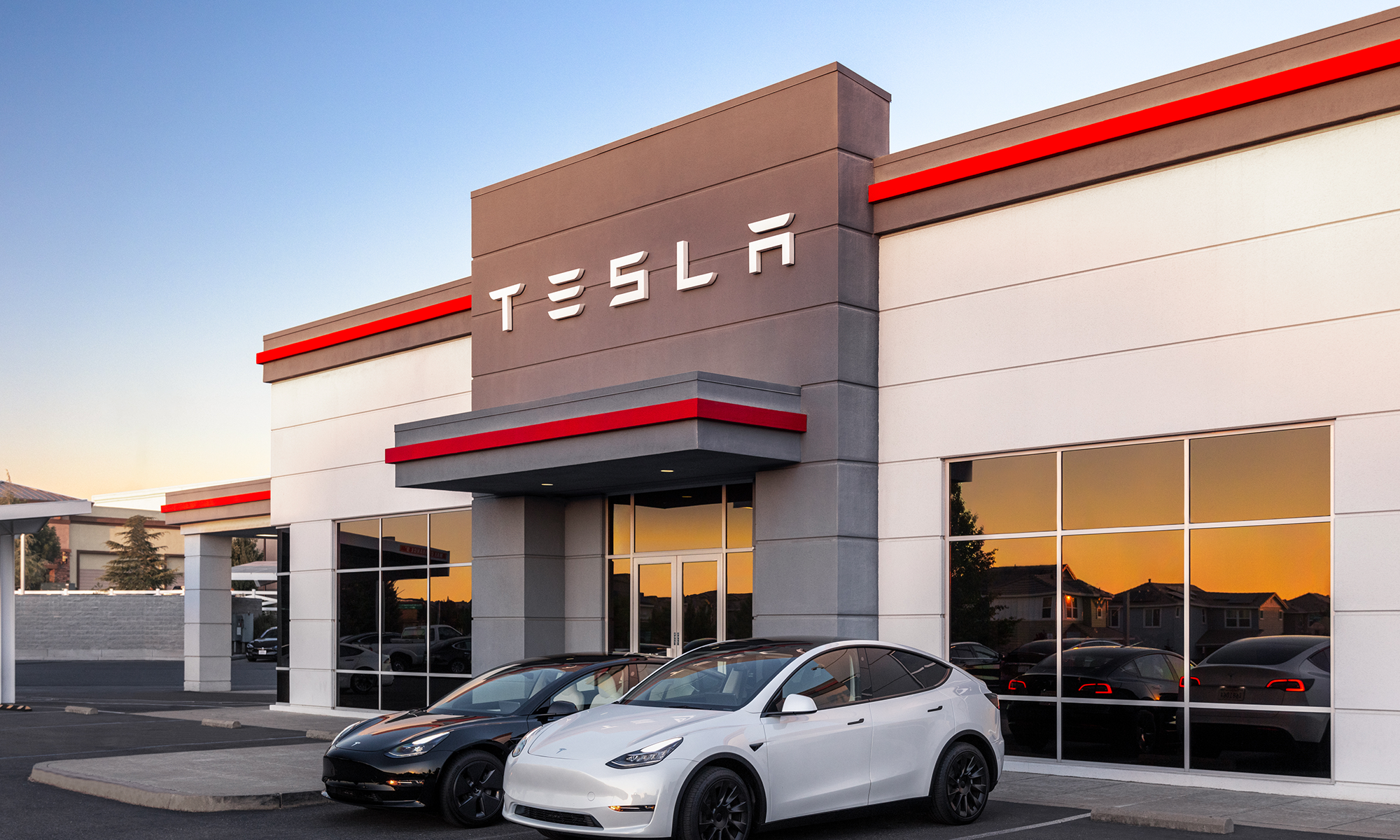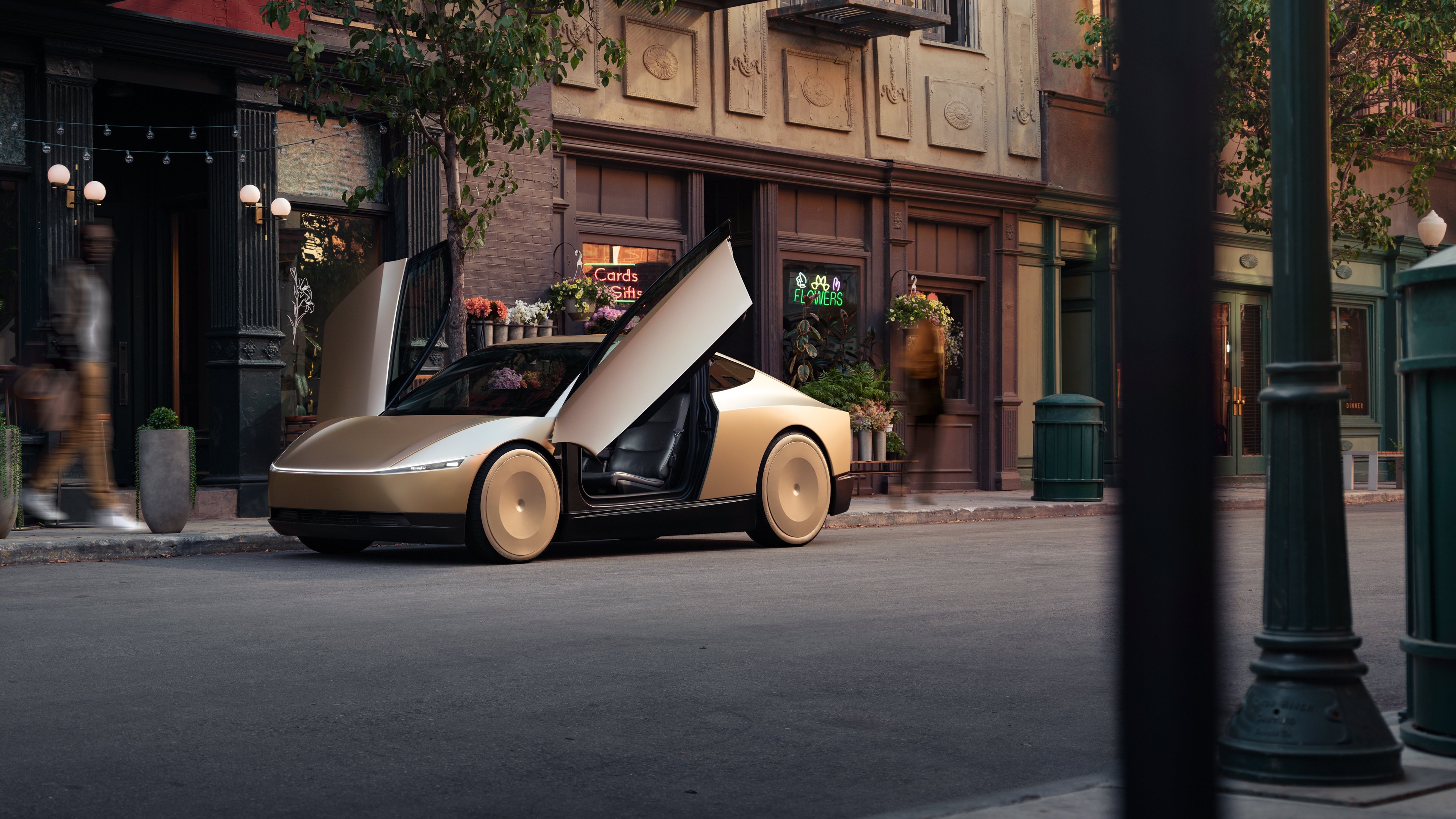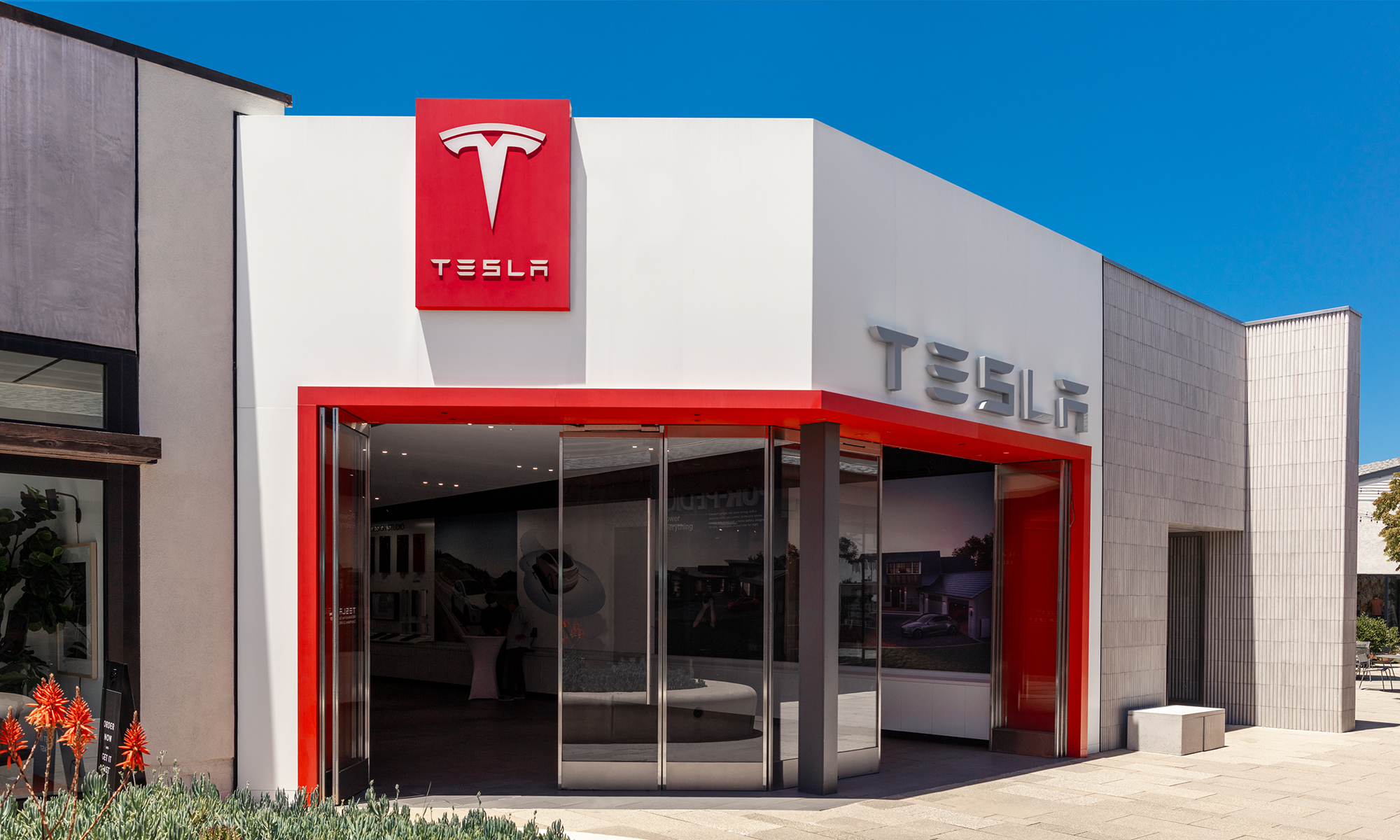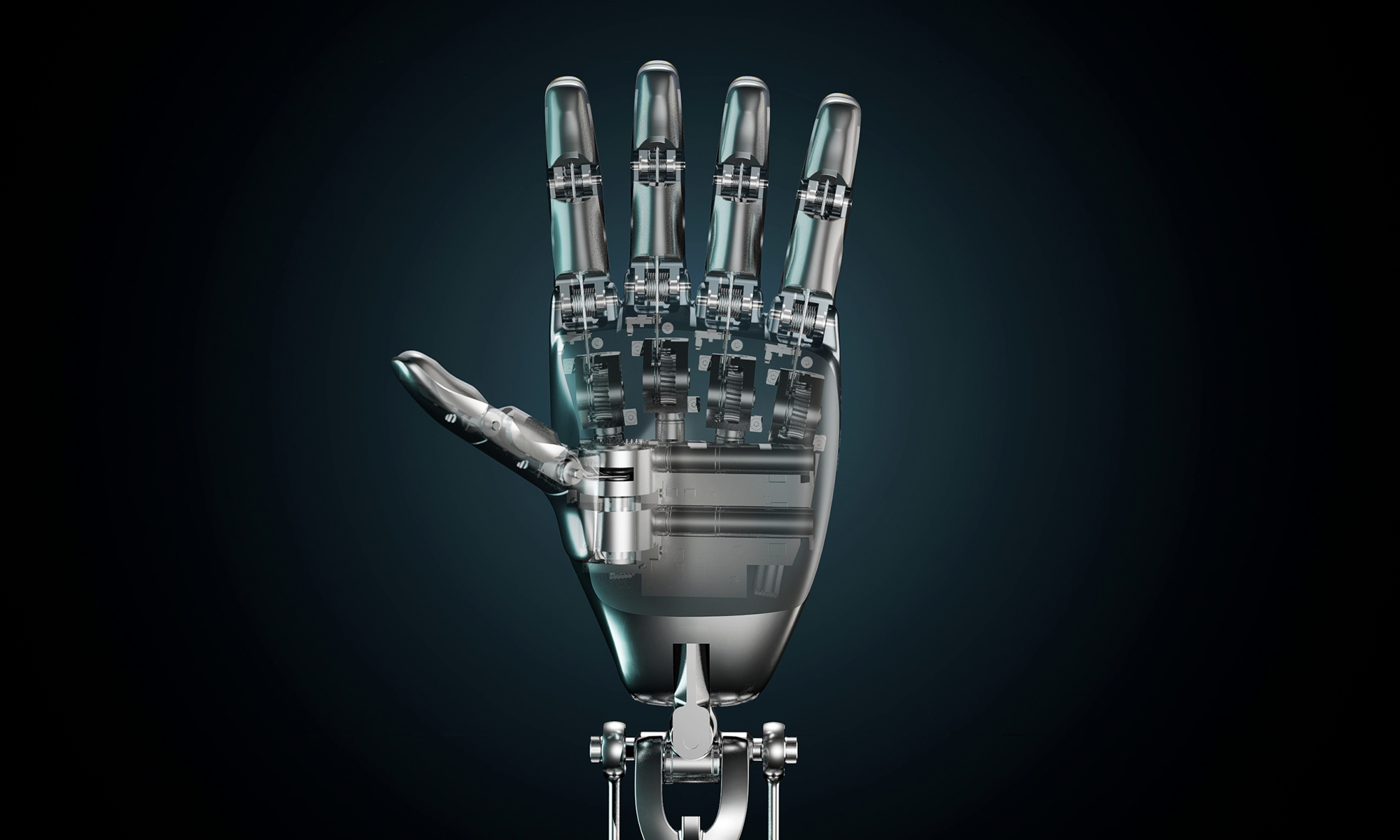"I'm confident that in less than a year, you'll be able to go from highway on-ramp to highway exit without touching any controls," Tesla (TSLA 3.04%) CEO Elon Musk said at the company's 2014 annual shareholder meeting about one month ago. Having been a founder at PayPal and Space X, and having helped conceive the idea and serving as a financier for SolarCity, people who follow Elon Musk have learned to take his claims about the future seriously.
While we've yet to see the technology Musk its talking about, investors could possibly get an opportunity to invest in it this Friday. Mobileye, an Israeli company whose website describes itself as a provider of advanced safety systems for automakers, could be the technology behind the enhanced machine-autopilot system Tesla is working on.
One example of the machine vision-enabled safety features that Mobileye makes possible.
Speculation, speculation, speculation
It's very important to drive home the point here that there is no certainty that Mobileye is the company that will take Tesla's vehicles one step closer to being autonomous. But the storyline for a Mobileye-Tesla partnership is undoubtedly convincing.
What do we know? Mobileye is working with Tesla.
"We can simply confirm that we have a business relationship with them," Tesla vice president of communications Simon Sproule told The Mercury News. Sproule would not characterize any further details of the relationship.

Mobileye machine vision technology. Image source: Mobileye.
While Mobileye's site only suggests that the company has minor safety features that use machine vision to help prevent accidents, the company's technology has the ability to go much further, according to Israeli newspaper Haaretz.
The Jerusalem-based vehicle safety systems manufacturer Mobileye has entered the automatic car development market with the goal of developing a driverless car. TheMarker has learned that Mobileye is collaborating with American electric car manufacturer Tesla and is studying systems it is developing in Israel.
Further, the fact that Musk has expressed interest in machine vision in favor of Google's radar approach also adds to the storyline that Mobileye is likely helping Tesla with its self-driving technology.
"The problem with Google's current approach is that the sensor system is too expensive," Musk told Bloomberg in an interview in 2013. "It's better to have an optical system, basically cameras with software that is able to figure out what's going on just by looking at things."
Indeed, the description of what makes Mobileye's technology special on its website seems to fit the bill of what Musk has been looking for.
Mobileye's key breakthrough was the realization that all the desired functions could run from the input of the mono-camera, pioneering a new path in machine vision technology. At the time, all other automotive suppliers were focused on stereo vision or alternative technologies such as radar. This realization was a revolutionary leap in the market in 1999. Today Mobileye continues to lead the field of mono vision for Advanced Driver Assistance Systems (ADAS).
Will the Model X be equipped with Mobileye technology?
Possibly. Ever since Musk said on-ramp to off-ramp self-driving would be possible in less than a year at the 2014 annual shareholder meeting, there's been speculation that Musk was referring to the X. The timing of a early 2015 launch seems to fit right in to the timing of Musk's forecast for this sort of driving.
Indeed, the Model X exhibited on Tesla's website already shows cameras in the place of side mirrors.

Model X. The company's prototype model shows cameras in the place of side mirrors. Image source: Tesla Motors.
Obviously having these cameras on the side could also be a part of a push to get one step closer to self-driving. But it's worth noting that Tesla will need regulations regarding side mirrors overturned first, to allow cameras to be used instead. But Tesla is lobbying to get this exact move approved, according to Automotive News.
Tesla and the 12-member Alliance of Automobile Manufacturers, which represents such companies as General Motors, Toyota and Volkswagen, filed a petition today with the National Highway Traffic Safety Administration seeking permission to take that leap.
But is there really anything special about highway on-ramp to highway exit self-driving? After all, many new luxury cars already have built-in active cruise control and lane sensing systems.
I'd argue that Musk's comment about highway self-driving includes some bigger ambitions than current technologies can provide. Think automatic lane changes when needed (something that would even require advanced side machine vision), complete freeway navigation when given a GPS destination, and other possibilites.
The IPO
Reviewing Musk's preference for machine vision, his comments predicting on-ramp to off-ramp autonomous driving, and a confession from Tesla that it does have a business relationship with Mobileye, it does seem likely that Mobileye is working with Tesla on a new level of autonomous driving.
The company will go public on the New York Stock Exchange at a price around $17-$19. Mobileye's revenue doubled last year, hitting $81.2 million, up from $53 million in 2012.
Unfortunately, this hot stock will come at a pricey valuation. Based on the filing details, it will go live on the NYSE with a valuation around $3.8 billion.That's a price-to-sales ratio of 47.5. Of course this ratio may decline rapidly if Tesla really is working close with the company. Further, other manufacturers could be in on Mobileye's pipeline technology, too.

